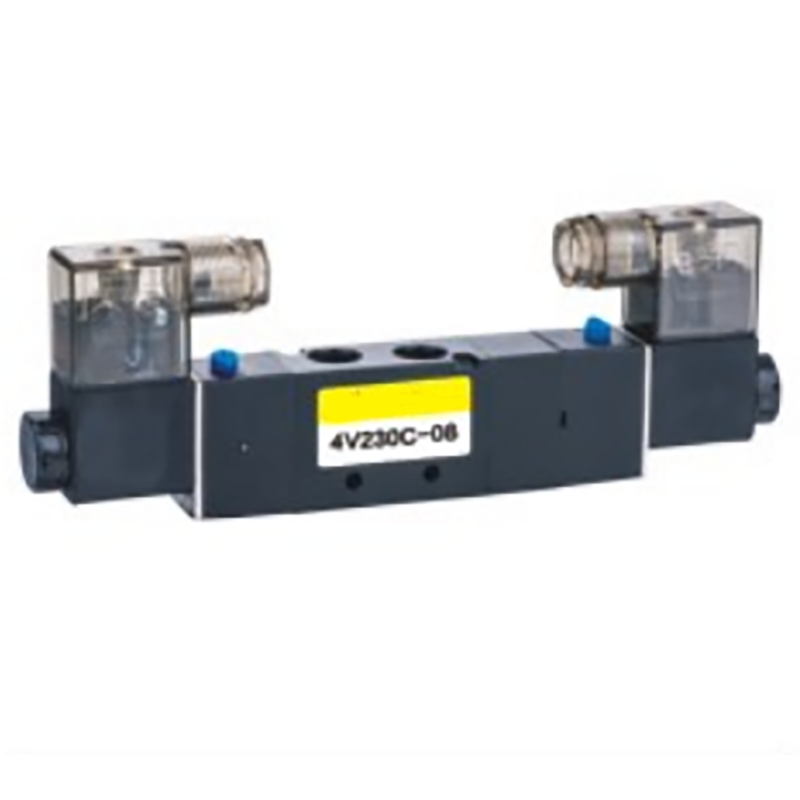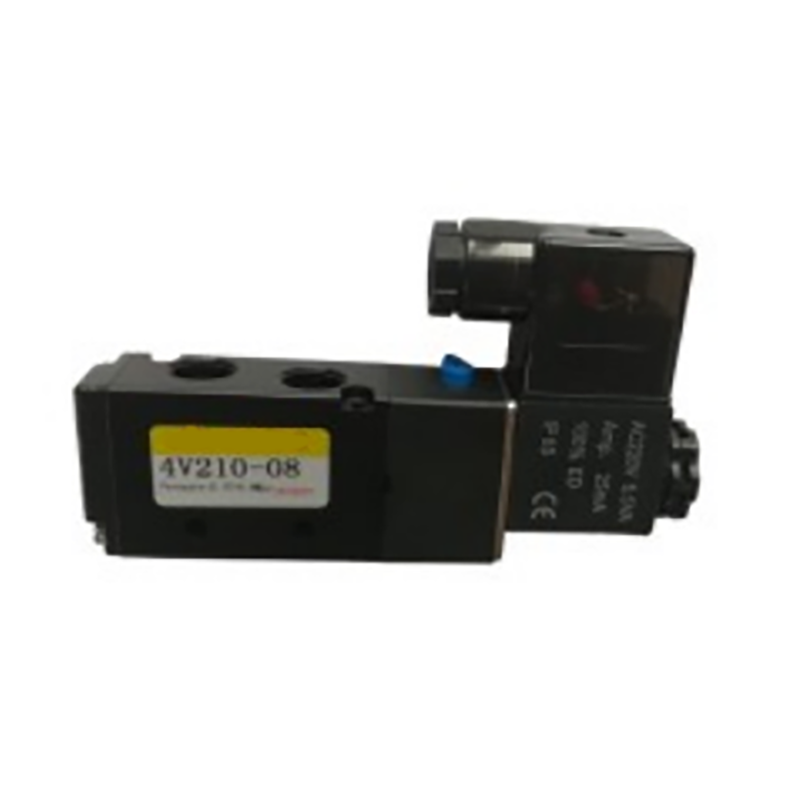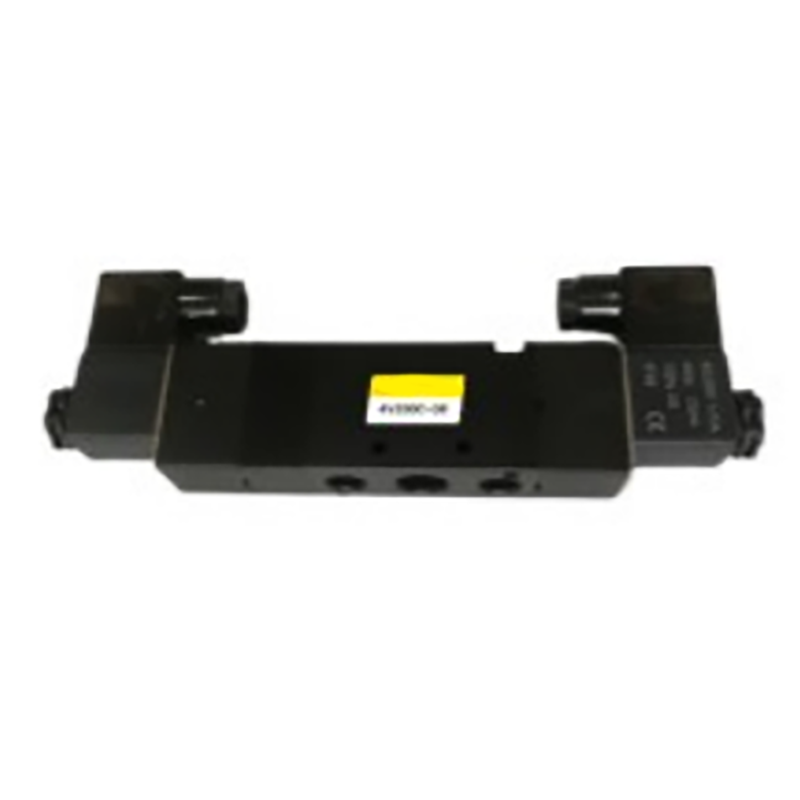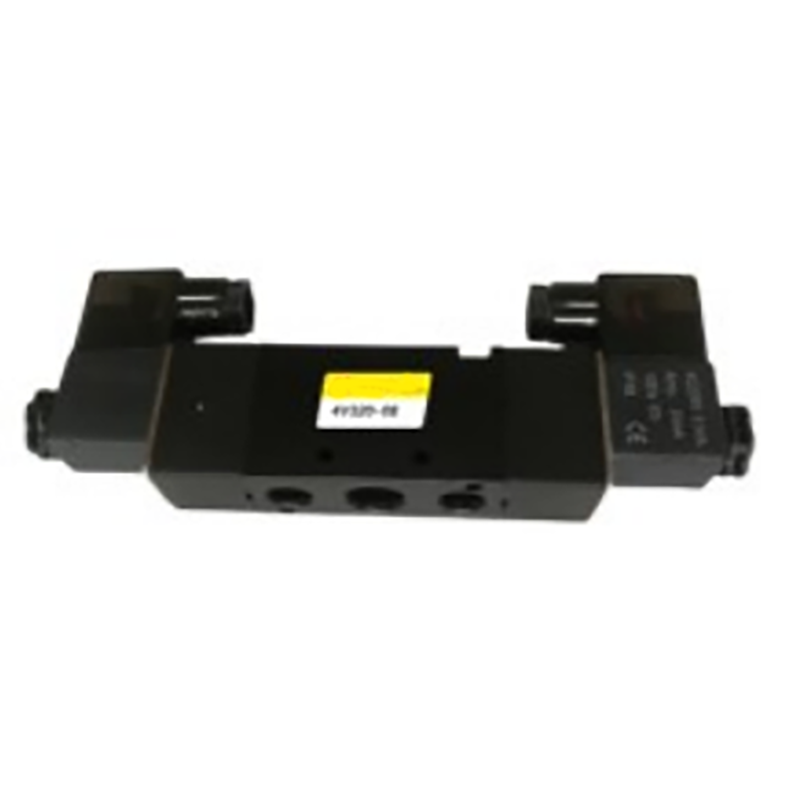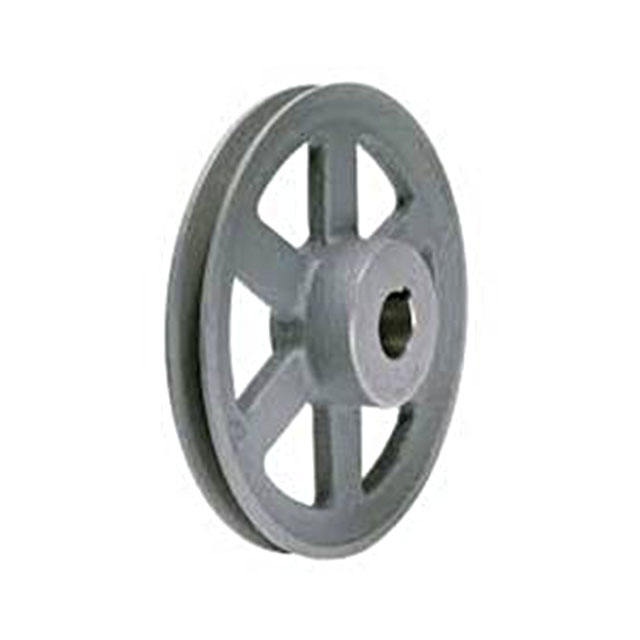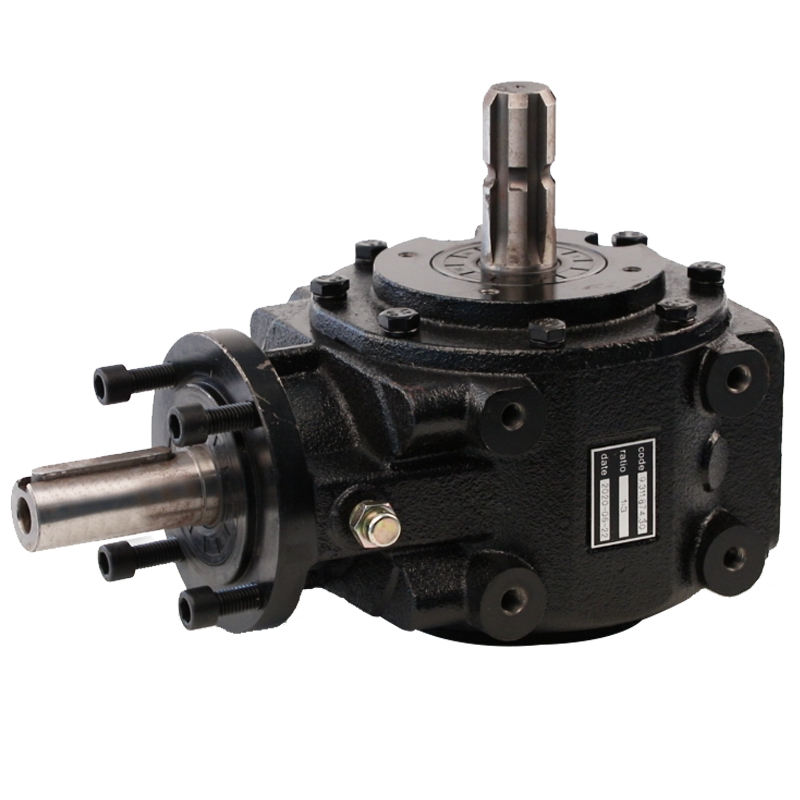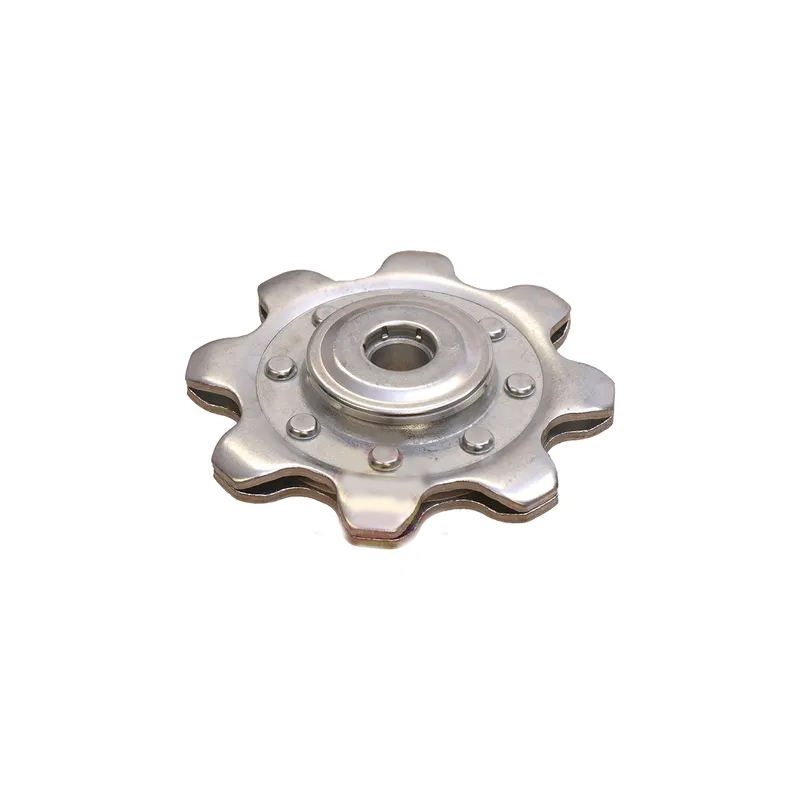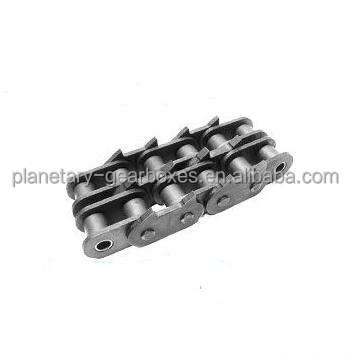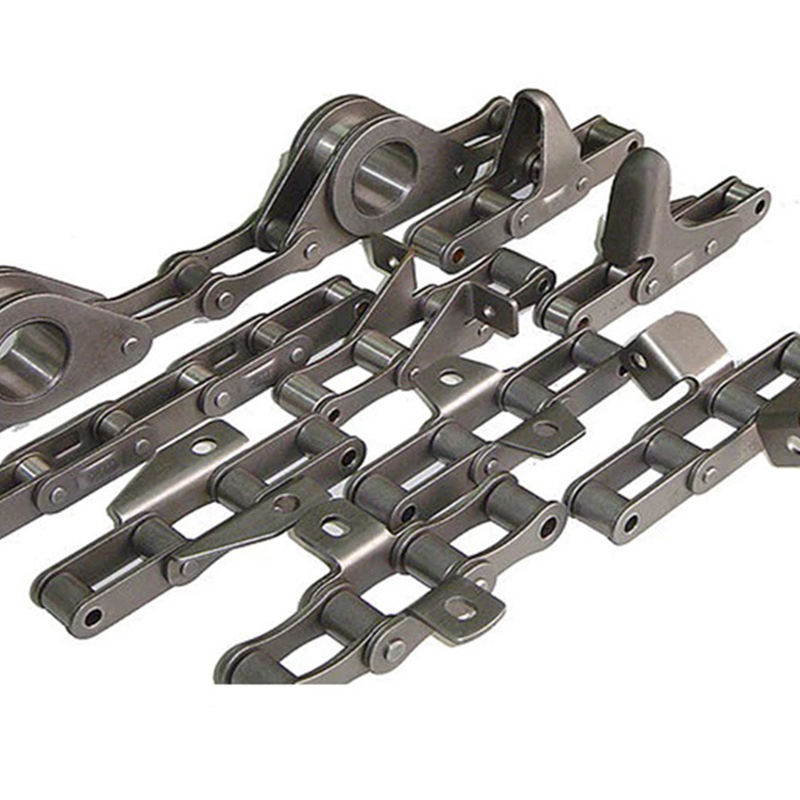What is an Industrial Drive Shaft?
An industrial drive shaft is a mechanical component designed to transmit torque and rotation between parts that are not directly connected, often accommodating misalignment or movement. It is a critical element in various machinery across industries such as manufacturing, automotive, agriculture, and energy. Drive shafts ensure efficient power transfer, reducing wear and tear on equipment while maintaining operational reliability. They are engineered to handle high loads, speeds, and harsh environmental conditions, making them indispensable in industrial applications.
Key Features of Our Industrial Drive Shafts
Our industrial drive shafts are manufactured with precision and durability in mind. We use high-quality materials and advanced techniques to ensure optimal performance. Below are some standout features:
- High-Strength Materials: Constructed from alloy steel, stainless steel, or carbon fiber composites for superior strength and corrosion resistance.
- Precision Balancing: Dynamically balanced to minimize vibrations and extend equipment life.
- Customizable Designs: Available in various lengths, diameters, and configurations to meet specific application needs.
- Robust Couplings: Equipped with universal joints, flexible couplings, or rigid designs for efficient torque transmission.
- Protective Coatings: Options include zinc plating, powder coating, or specialized finishes to resist rust and abrasion.
- Easy Maintenance: Designed for simple inspection and lubrication, reducing downtime.
Technical Specifications
Our industrial drive shafts are built to exacting standards. Here are the detailed parameters in a table format for clarity:
| Parameter |
Specification Range |
Units |
| Material |
Alloy Steel, Stainless Steel, Carbon Fiber |
N/A |
| Diameter |
20 - 500 |
mm |
| Length |
0.5 - 10 |
meters |
| Max Torque Capacity |
100 - 50,000 |
Nm |
| Max RPM |
500 - 20,000 |
RPM |
| Operating Temperature |
-40 to 200 |
°C |
| Weight (depending on size) |
1 - 500 |
kg |
| Standards Compliance |
ISO 9001, ANSI, DIN |
N/A |
Applications of Industrial Drive Shafts
Industrial drive shafts are versatile components used in numerous sectors. Some common applications include:
- Manufacturing: Conveyor systems, robotic arms, and assembly line machinery.
- Automotive: Vehicle drivetrains, powertrains, and auxiliary systems.
- Agriculture: Tractors, combines, and irrigation equipment.
- Energy: Wind turbines, generators, and pump systems.
- Marine: Propulsion systems and deck machinery on ships.
- Mining: Crushers, drills, and heavy-duty transport equipment.
Industrial Drive Shaft FAQ
What materials are commonly used in industrial drive shafts?
Industrial drive shafts are typically made from high-strength materials such as alloy steel for general applications, stainless steel for corrosion resistance, and carbon fiber for lightweight, high-speed needs. The choice depends on factors like load capacity, environment, and cost.
How do I select the right drive shaft for my application?
Consider parameters like torque requirements, RPM, operating temperature, misalignment tolerance, and environmental conditions. It's essential to consult with engineers or refer to manufacturer specifications to ensure compatibility with your machinery.
What maintenance is required for industrial drive shafts?
Regular inspection for wear, lubrication of joints (if applicable), and checking balance are key. For shafts with universal joints, greasing every few months is recommended. Always follow the manufacturer's maintenance schedule to prevent failures.
Can drive shafts be customized for specific needs?
Yes, many manufacturers offer custom designs. You can specify length, diameter, material, coupling type, and protective coatings to match unique operational requirements, ensuring optimal performance and longevity.
What are the signs of a failing drive shaft?
Common indicators include unusual vibrations, knocking noises, difficulty in transmission, visible wear or corrosion, and increased energy consumption. Address these issues promptly to avoid equipment damage.
How does balancing affect drive shaft performance?
Proper balancing reduces vibrations, which can lead to premature wear, noise, and failure. Dynamically balanced shafts operate smoothly at high speeds, enhancing efficiency and extending the life of connected components.
Are there safety considerations when using drive shafts?
Yes, always ensure guards are in place to prevent contact with rotating parts. Follow installation guidelines, use appropriate personal protective equipment, and conduct regular safety checks to mitigate risks of accidents.
What is the typical lifespan of an industrial drive shaft?
Lifespan varies based on usage, maintenance, and environment. Well-maintained shafts in moderate conditions can last 5-10 years or more, while high-stress applications may require replacement every 1-3 years.
Can drive shafts be repaired, or do they need replacement?
Minor issues like worn joints or imbalances can often be repaired by replacing parts or rebalancing. However, significant damage such as cracks or severe corrosion usually necessitates full replacement for safety and performance.
How do environmental factors impact drive shaft selection?
Factors like temperature extremes, moisture, chemicals, and dust influence material choice and coatings. For example, stainless steel or coated shafts are preferred in corrosive environments to ensure durability and reliability.


